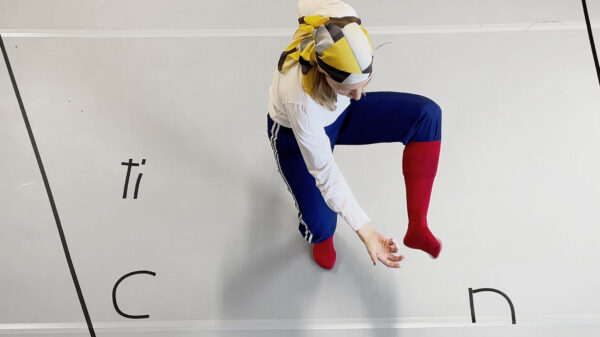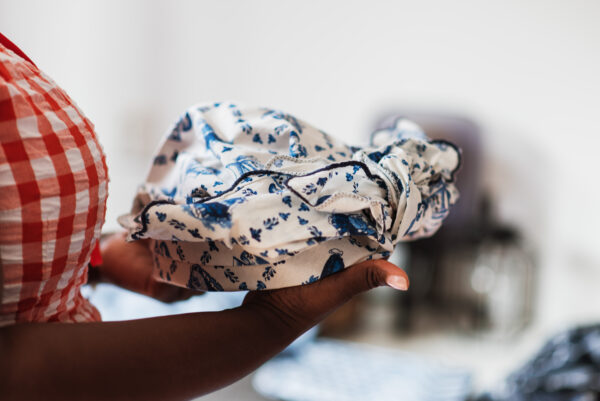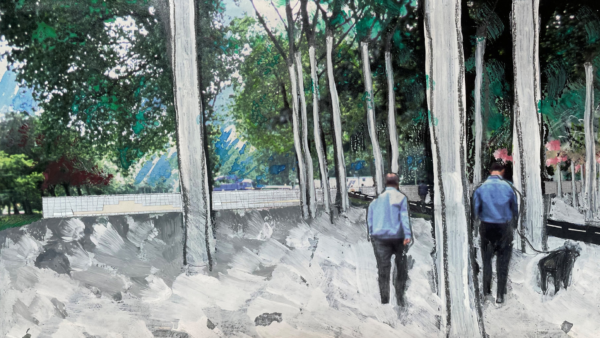

Mentorship Building Beyond – 12 projects selected
The Creative Industries Fund NL and the Prince Claus Fund are excited to announce the 12 artists and designers who will be reimagining the future of their cities through design and creative problem-solving in the mentorship programme Building Beyond.
Hailing from 9 African countries these creatives work in a wide range of design fields that include architecture, urbanism, digital design, visual arts, photography, research and performance.
four mentors
In Building Beyond they will work on projects that re-imagine the future of public space, community and functionality in their own contexts within a growing continent. They will be guided by four mentors, experts in architecture, art and design: artist, architect, critical space practitioner from Sudan, Ola Hassanain; architect, anthropologist and tech entrepreneur from Togo, Sénamé Koffi Agbodjinou; architectural researcher, designer and performer from South Africa, Khensani de Klerk; and fashion designer and artist from Senegal, Selly Raby Kane.
engage, exchange and create
Building Beyond is an alternative educational programme that aims at fostering thought leadership, promoting criticality, and reframing design-based practices. Throughout the year the group comes together online to jointly reflect on the future of cities and communities, whilst each developing a concept that fits into their wider practice. They will spend a week together in Dakar, Senegal, in June to workshop, network, experiment and discover the city, and in October they will be in the Netherlands where they will continue their ongoing engagement, exchange with peers and create new and lasting connections.
With this programme we aim to contribute to an ongoing conversation on how creative practices rooted in locality and community can lead to new perspectives and promote transformative urban agendas that change how we inhabit our world.
meet the artist and designers
Flavia Gwiza is an Architect and Urbanist based in Kigali, Rwanda, whose work revolves around creating resilient urban spaces. She holds a Master of Science degree in Urban Design from Virginia Tech and a Bachelor of Architecture from the University of Rwanda. Her practice includes architectural and urban design methods and the facilitation of participatory planning and design workshops. Gwiza has been the recipient of two prestigious international design awards: Third prize in the Archigineer Africa competition for a project targeting the elaboration of a suitable, sustainable housing model for Kigali’s wetlands (2012); received honorable mention at Holcim Awards for Sustainable Construction for a team project based on participatory upgrading strategies elaborated for Kora, Nyarugenge District.
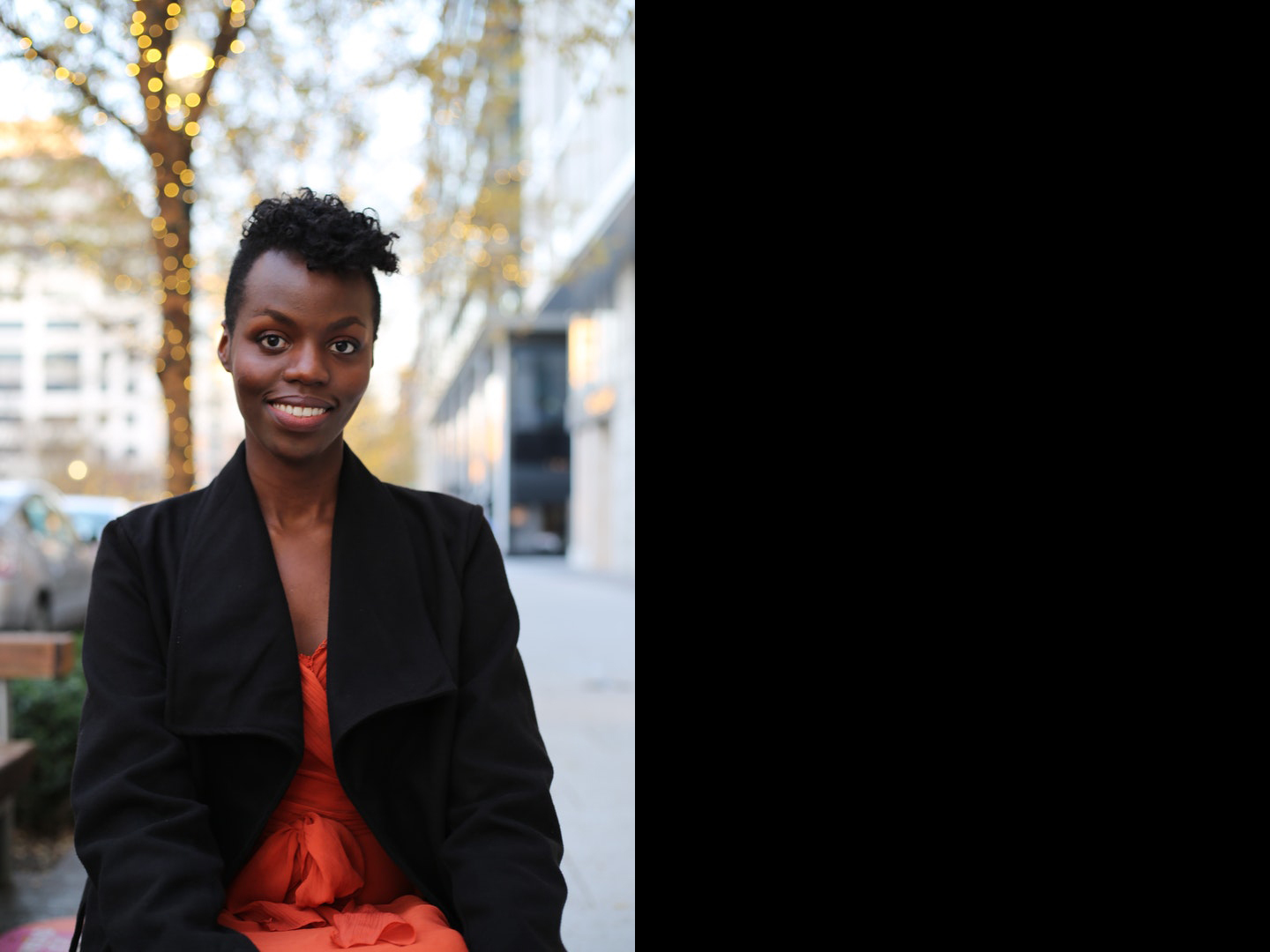
Hana Tefrati is a choreographer, performer, visual artist and curator based in Marrakesh, Morocco. After graduating from the European Dance Development Center (EDDC)/ Dance Academy in Arnhem, the Netherlands (2006) she has moved on to work internationally with artists and choreographers: She was awarded the Dance Web Scholarship in 2011 and worked with Tino Sehgal during the Documenta13. In 2012 Tefrati founded the Queens Collective, and in 2014 she established a community art space and home of the Queens Collective. As artistic director she runs multiple projects, residencies and events that allow the audience to connect to each other and build community. Though Tefrati is currently devoted to create new spaces for experimental movement research in Marrakesh, she continues to perform and dance internationally and teach improvisational dance.
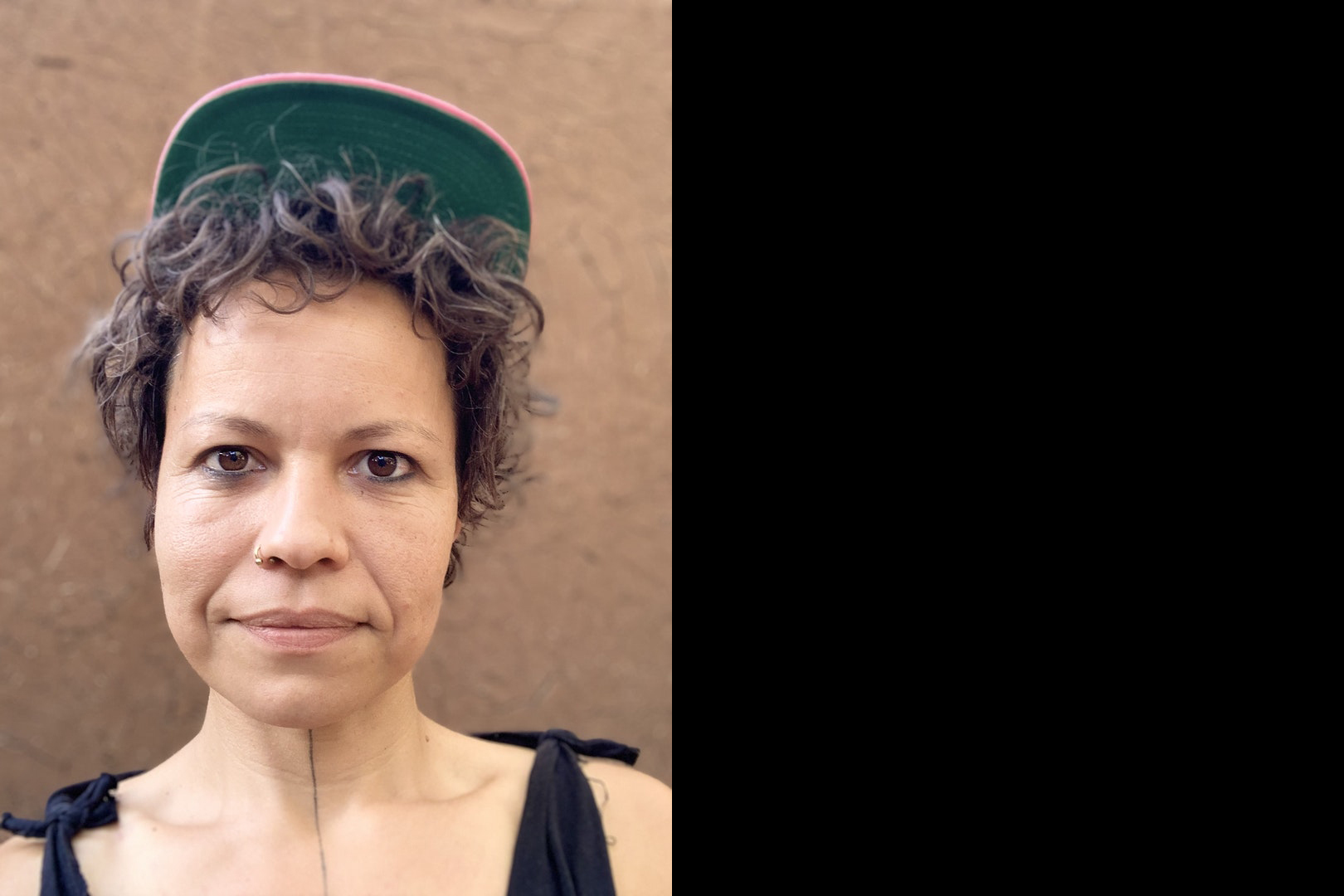
Russel Hlongwane is a cultural producer and creative industries consultant based in Durban, South Africa. His work is located at the intersection of Heritage/ Modernity and Culture/ Tradition as it applies to various disciplines of artistic practice. His practice includes cultural research, creative producing, design, curatorship and the creative economy. Hlongwane is part of a number of collectives, working groups and programmes spread across the SADC region, the continent and internationally. He operates as a curator, writer, producer, researcher, theorist and consultant. In the discipline of film, he served in the Durban International Film Festival selection committee and has been curator of the Durban Film Mart industry programme (2018 and 2019).
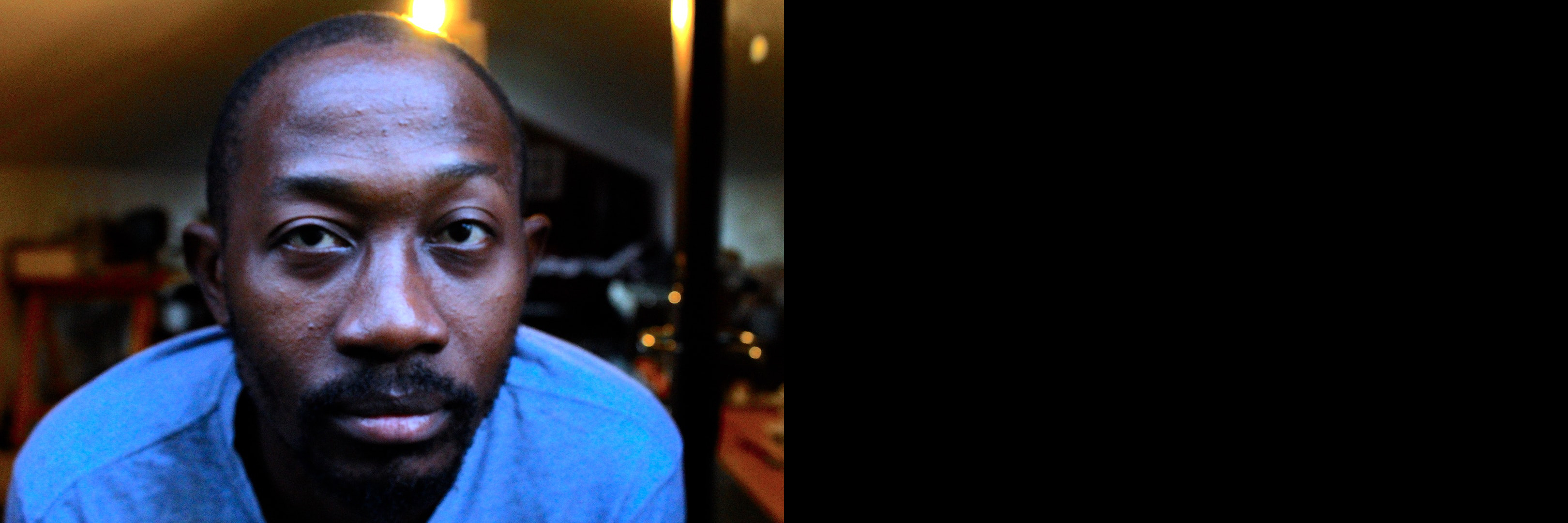
Ikram Hamdi Mansour is an Eco-Architect and Cultural Project Manager from Algeria. She holds a Master’s Degree in Architecture and Environnemental Design from the Polytechnic school of Architecture and Urbanism (EPAU). Her work is rooted in the exploration of new realities for city-community relationships, and the creation processes involve a multidisciplinary approach emphasizing current crises in Algeria. In her projects, Ikram collaborates with local communities and organizations to provide contextual and alternative solutions to urban challenges, environmental crisis and gender inequality.
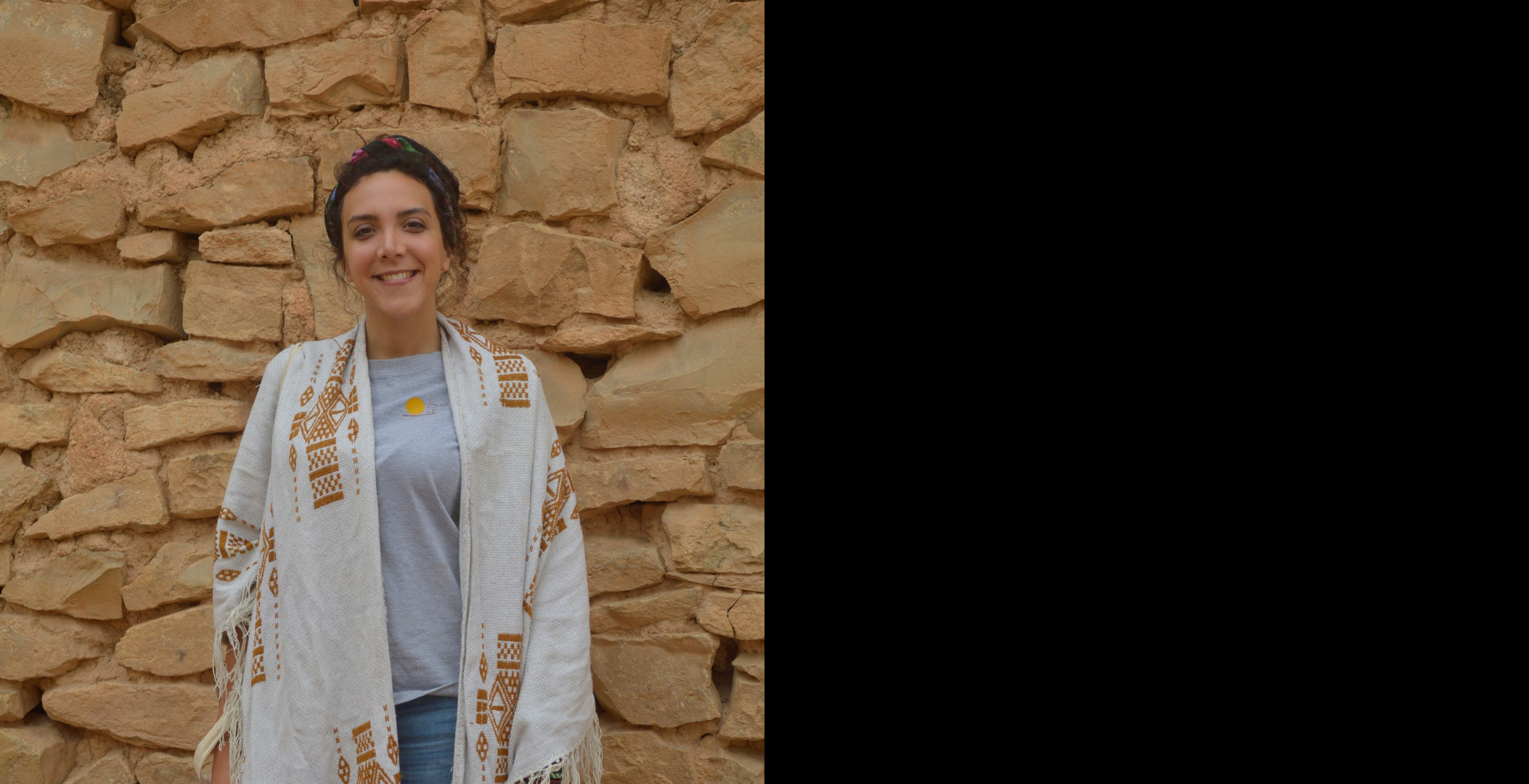
Inam Kula is a storyteller based in Cape Town, South Africa. She tells authentic stories of South Africans through architecture, urbanism, and activism. Kula's work as an architect and activist seeks to address the relationship between space and power, confronting the uses of architecture that create and reinforce systems of marginalization and exclusion. She believes that architecture and urbanism have the responsibility to create better living environments for the disenfranchised in post-Apartheid South Africa. Kula holds a master’s degree in Architecture from the University of Cape Town and an honours degree in Planning from the University of Witwatersrand, Johannesburg.

Katesi Jacqueline Kalange aka “the Kalange” is a visual artist living and working in Kampala, Uganda. She holds a bachelor’s degree in art and industrial design from Kyambogo University. Kalange’s work finds its form in a multitude of media, while using a fusion of both weaving and welding techniques to build sculpture conceptual artworks. Within her activism oriented works, she seeks to create both internal and external dialogues amongst her audience aimed at cultivating new perspectives of looking at things as well as creating discourse around how we are inhabiting the planet.
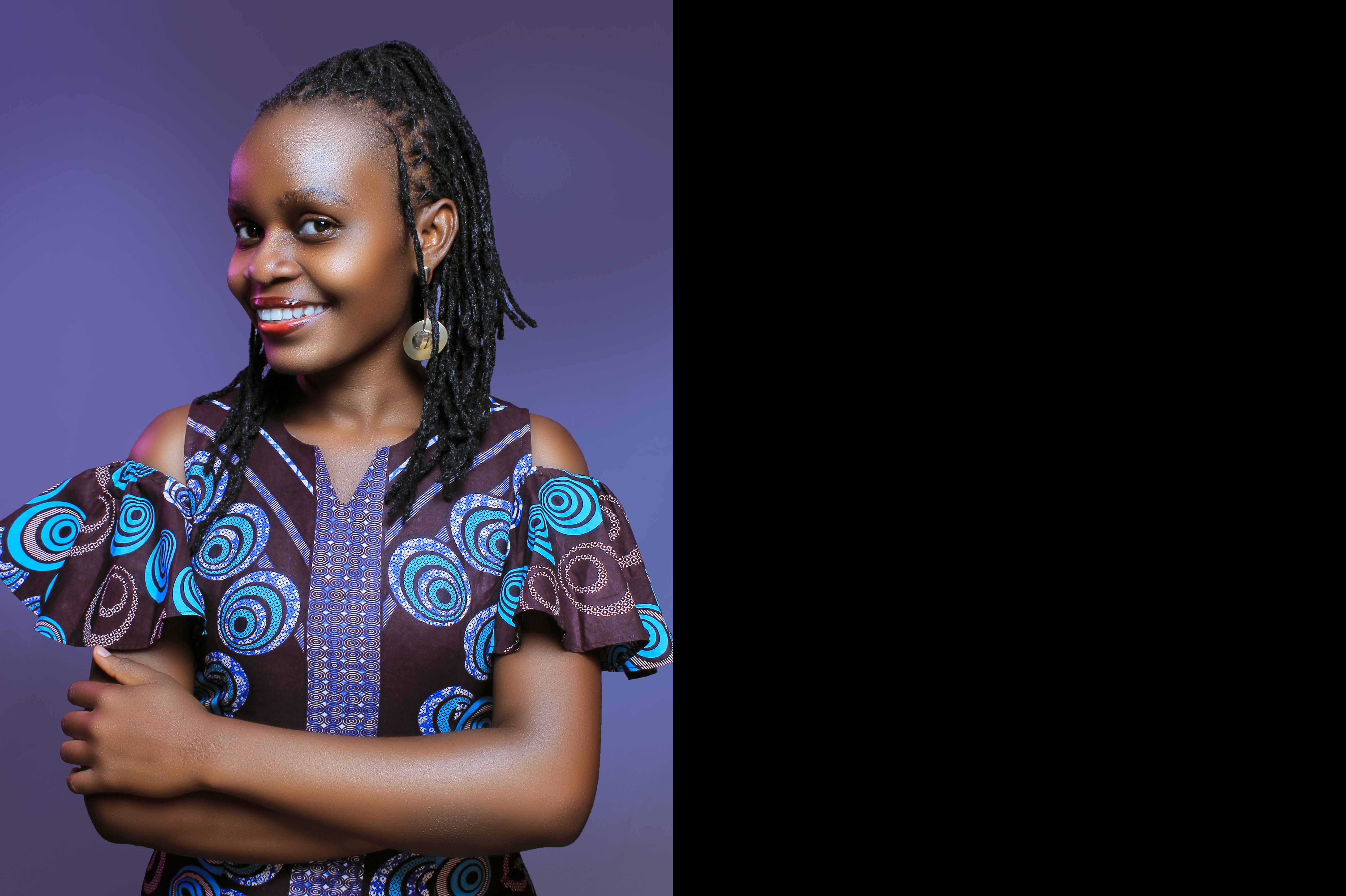
Kwasi Darko is a Ghanaian fine arts photographer, digital artist and curator living and working in Accra, Ghana. His work uses visual art and performance art to create visibility and weave positive narratives for people usually ignored and underrepresented in his society. Beyond exploring queer identities and spaces on his home continent, his work also explores Blackness and its many intersections. A BA in theatre arts informs the poetic and traditional nature of his work, while recent interest in virtual and augmented reality programming has geared his art into a more digital and technology-oriented direction, exploring such concepts as transhumanism and the human relationship with the digital.
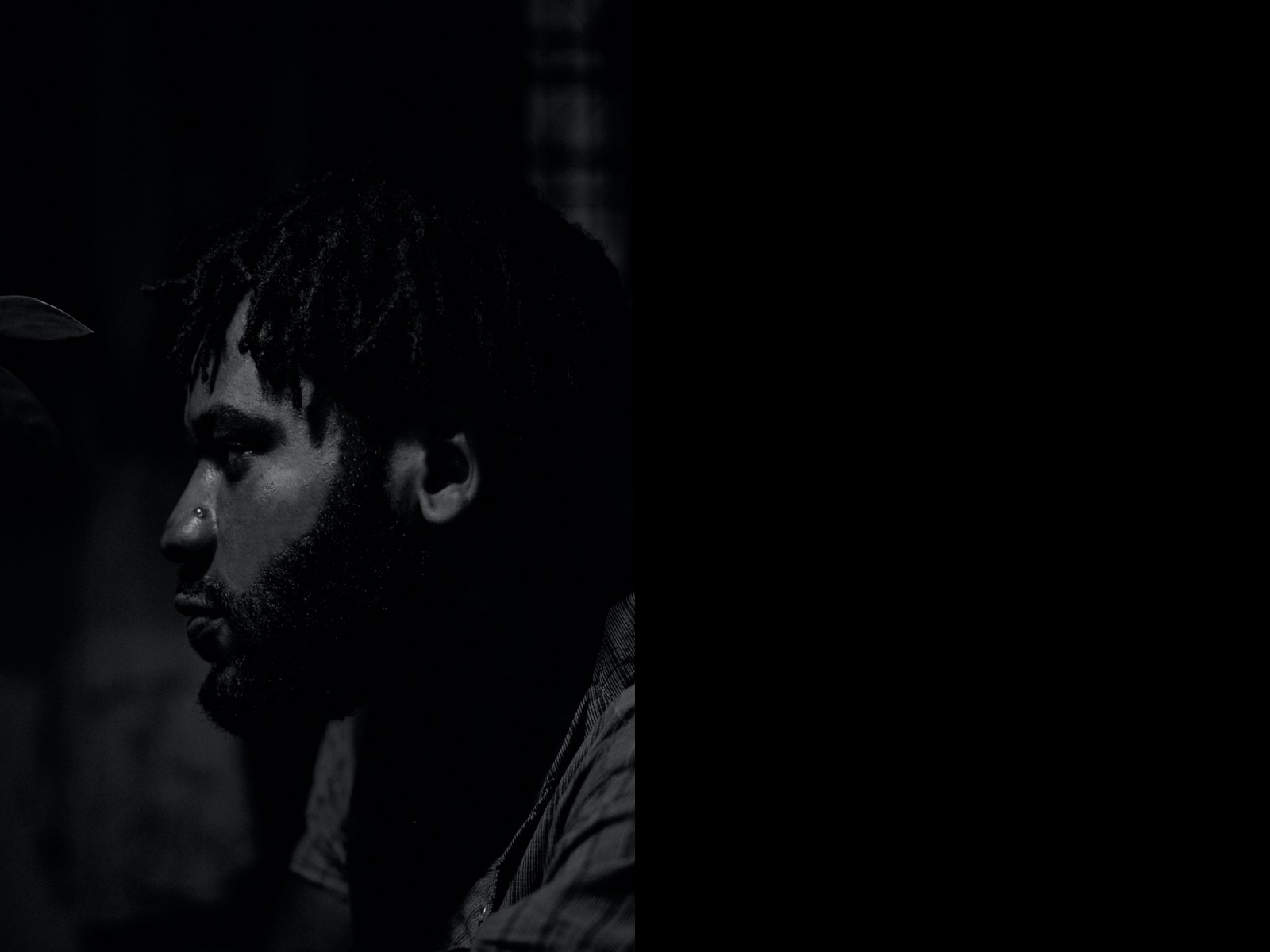
Nifemi Marcus-Bello is an industrial designer based in Nigeria, known for his community-led, and ethnographic-conscious design approach. Graduated from the University of Leeds with a bachelor’s and master’s degree in Product Design, in 2012 Marcus-Bello received the “Potential for Social Change” award from the University of Leeds’ School of Mechanical Engineering. In 2017, he founded nmbello studio, focusing on furniture, product and installation design. The studio has been featured in various publications such as Vogue, The Financial Times and Dezeen, and received in 2021 the “Life Enhancer of the Year” award by Wallpaper* Magazine.
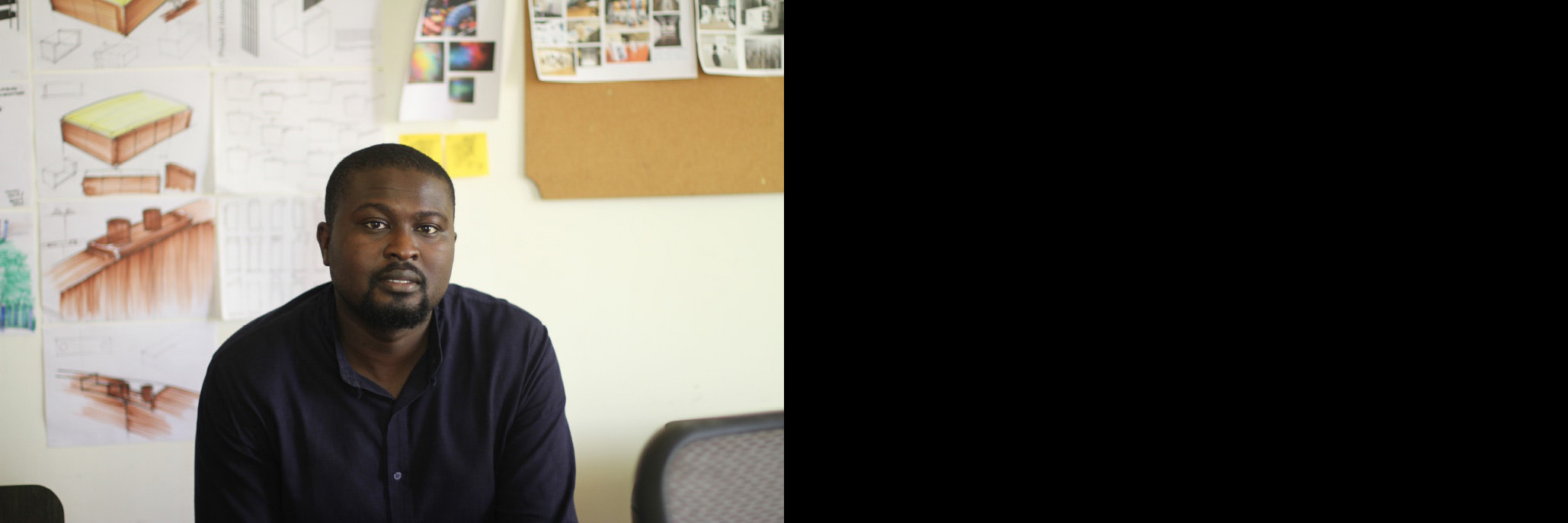
Salma Belal is an architect and urbanist from and based in Cairo, Egypt. Through her work, Belal seeks to explore different forms of engagement with urban activism, inspired by Cairo’s complex and continuous flux. As a researcher and designer she works on multidisciplinary projects, tackling conservation and built heritage, advocacy for urban justice, and public-space upgrading. Salma is interested in spatial and cultural practices, particularly in how cities are shaped and mediated through politics, space and time. Her experience in teaching Architecture and Urban Design at various academic institutions has also stimulated her curiosity to explore alternative pedagogies through collective learning.
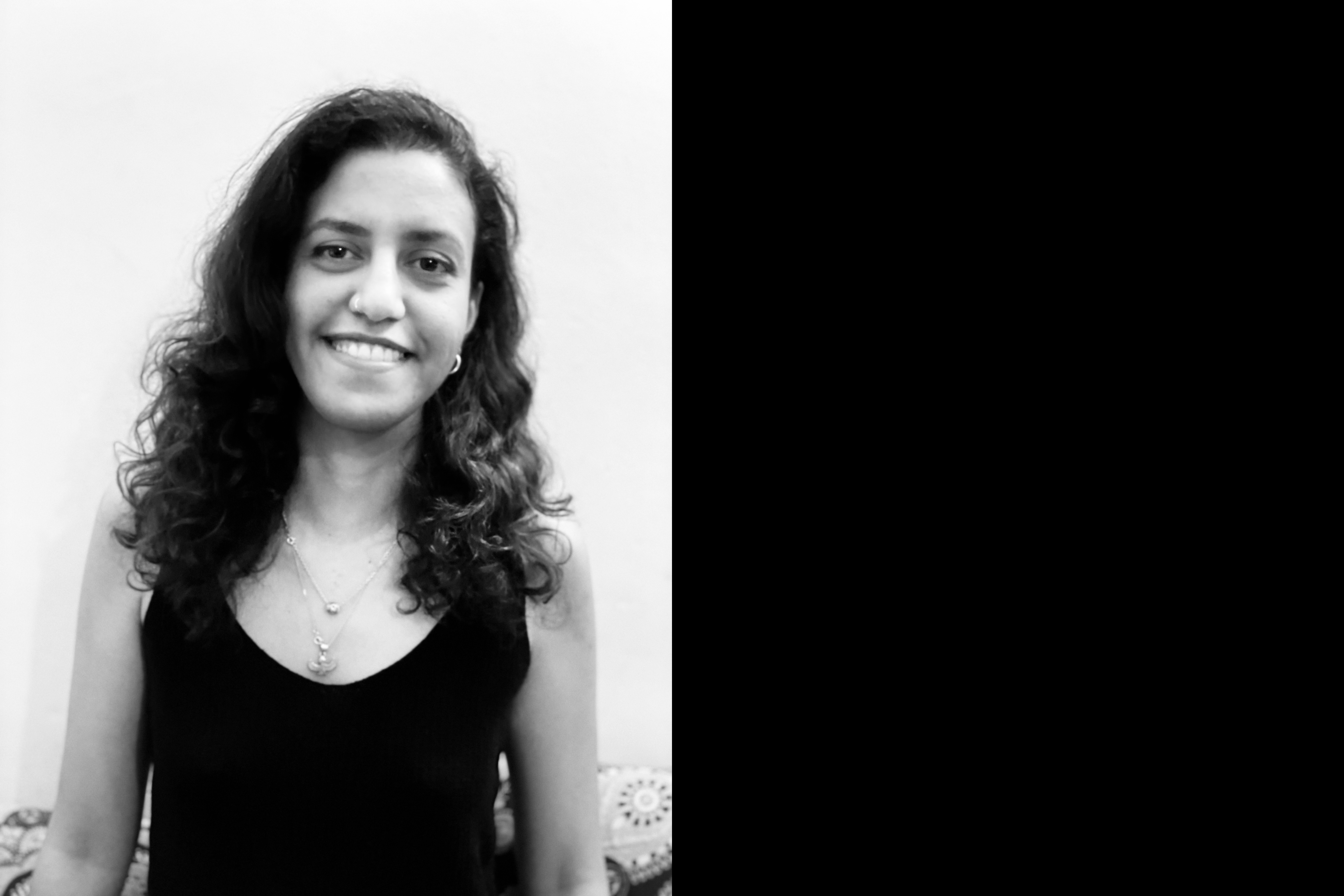
Youssef El Idrissi is a self-taught artist, researcher and cultural worker, based in Casablanca, Morocco. He holds a bachelor in Philosophy of Communications and Public Spaces, and a master degree in Cultural & Artistic Engineering. In 2018, he co-founded the collective Kounaktif that aims to democratize access to arts and works at the intersection of ecology, technology and arts. Within his artistic practice, El Idrissi focuses on decolonization of imaginaries, on the relationship between psyche and space, on technology and living beings, on errors and symbiosis. Through his cultural and artistic work El Idrissi aims to connect the aesthetical and the political by deconstructing the norms, the social barriers and old methods using alternative pedagogies, formats and interdisciplinary practice.
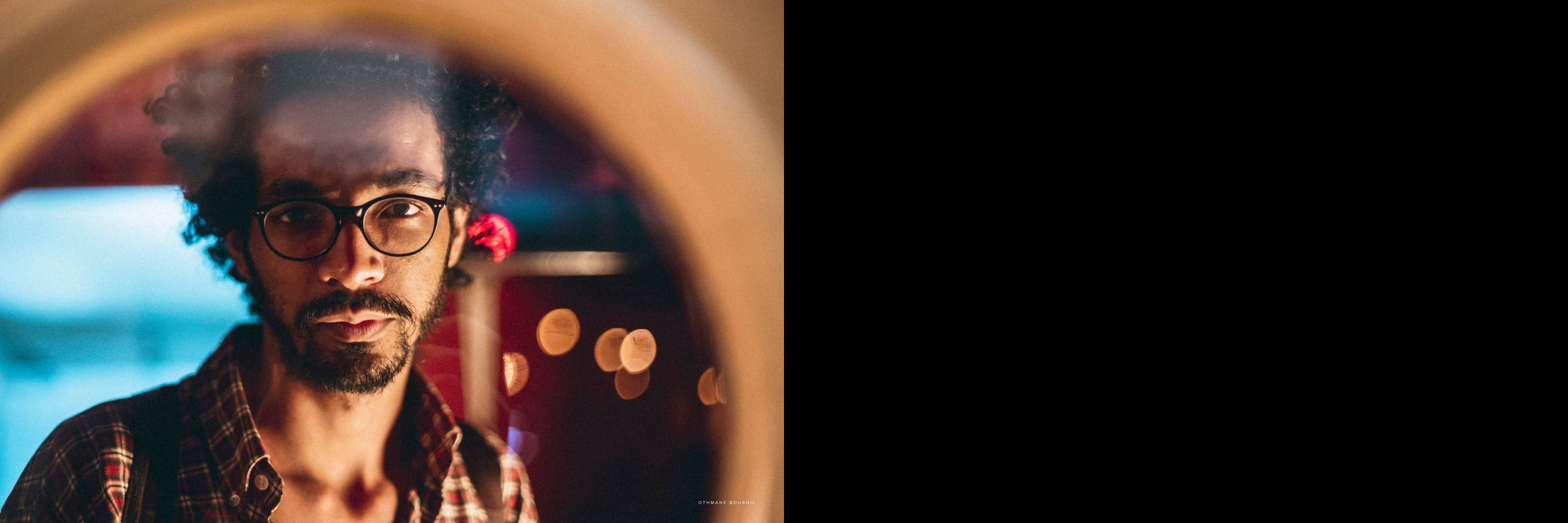
Mohamed Sirra is an artist, designer and researcher from Morocco. He creates experimental and thought-provoking urban interventions and public art projects that build and reinforce social bonds in public spaces. Through his practice, Sirra works closely with residents, businesses, and community groups to position a public space as an experimental place that tries to inspire a ‘collective cultural practice’. His work explores the environment as an endlessly adaptable place with potential for multiple uses.
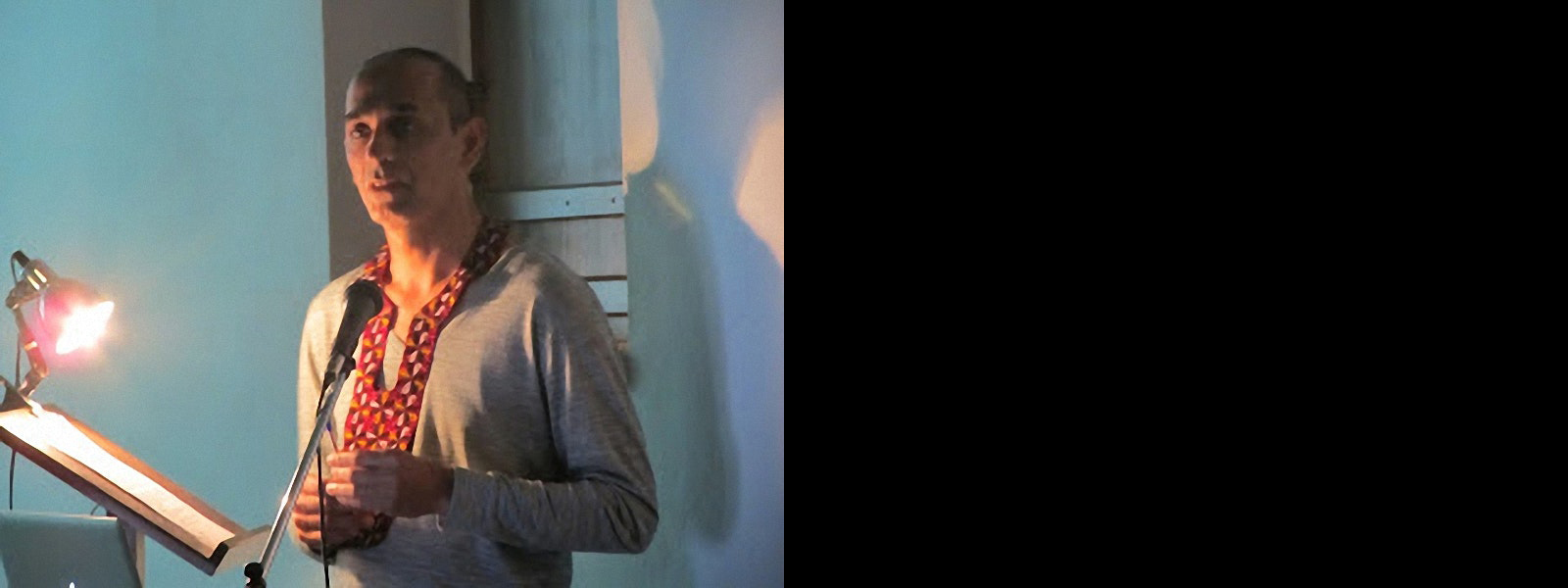
Yishak Teklegiorgis is an architect and a founder of Zorit Architects, a consultancy firm based in Addis Ababa, Ethiopia. His practice is build on the premise of socially engaged architecture with a focus on community participation, local knowledge, and sustainability. Teklegiorgis is an educator and researcher at the Chair of Architecture and Design II at EiABC, Addis Ababa University. Throughout his career, he has contributed to different local and international researches.
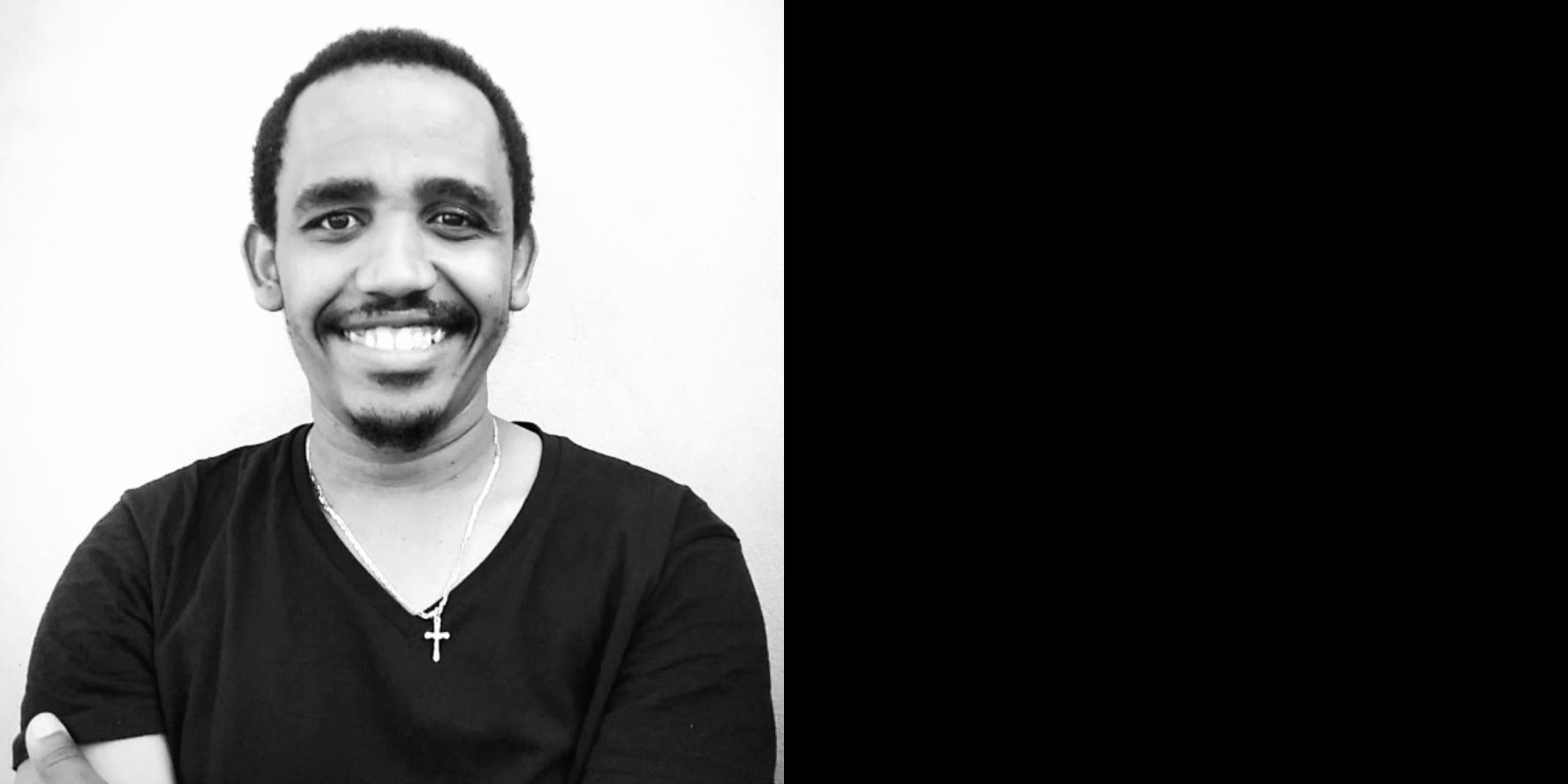
meet the mentors
Ola Hassanain trained her focus on the subtle politics of space – namely, how built spaces react to and reinforce violence from state entities, which in turn, creates a built environment that reflects, responds to, regulates the lives of those who inhabit it.
Her most recent work explores an idea of “space as discourse”, an expanded notion of space that encompasses political and environmental questions. Her work tries to develop a spatial vocabulary that follows how ruptures presented by “political events”, make it possible to aspire to new kinds of ecologies. Ola’s development of critical spatial practice is partly informed by her post-academic training which includes an ongoing Rijksakademie Residency, BAK fellowship 2017-2018, and teaching in HKU University of the Arts Utrecht, and Sandberg Institute amongst others.
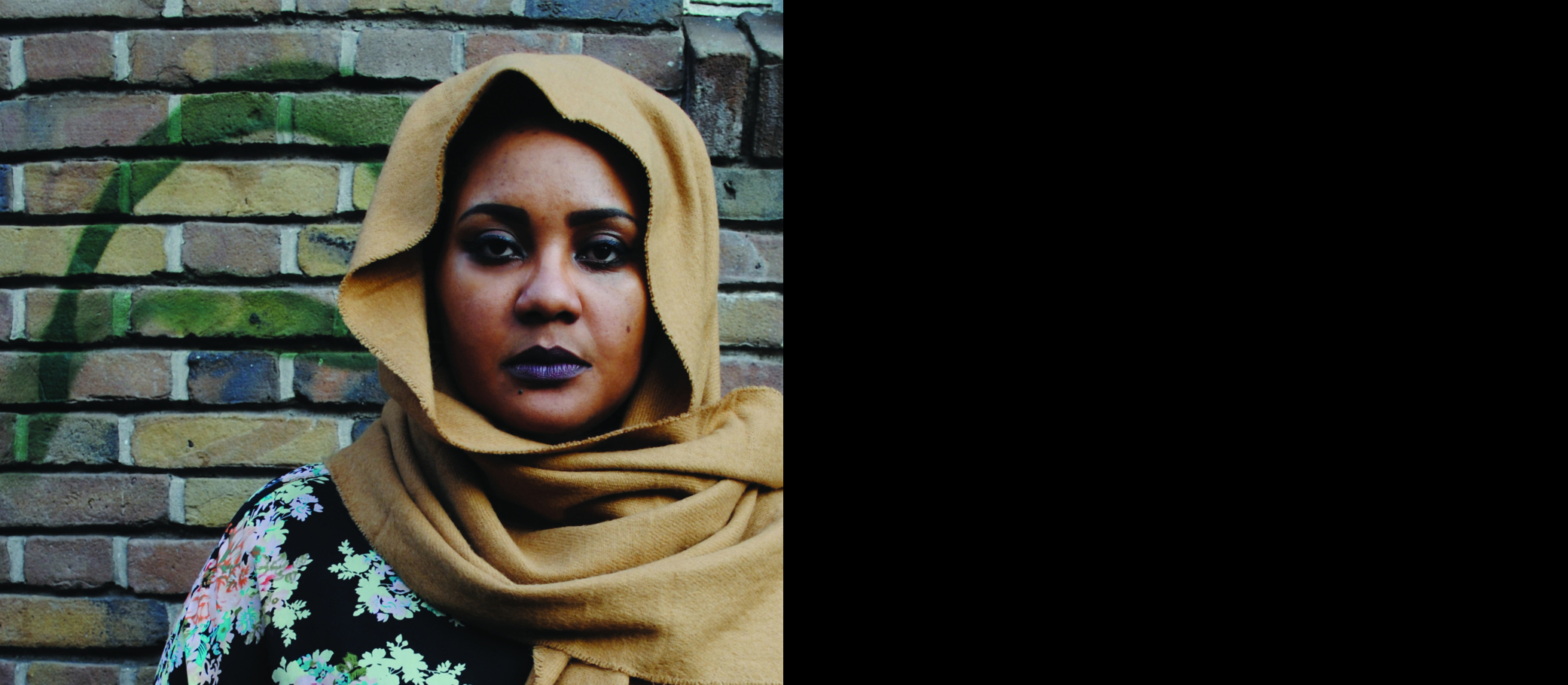
Sénamé Koffi Agbodjinouis a promoter of neo-vernacular thought which he concretely declines as a designer, architect, entrepreneur at the different scales of the product, the building and the city. He is the creator of L’Africaine d'Architecture, a platform for experimentation on questions of African architecture and the city, and WoeLabs: a network of Togolese tech-hubs whose ambition is to “make everyone equal in front of technology”.
He became a defender of a digital vernacular in 2012, when he thought he identified a correspondence between hacker ethics and those of traditional societies. The #LowHighTech concept was created to highlight this proximity and consider an original approach to innovation issues involving the most modest layers.
As a curator and scenographer, he has designed various installations and exhibited at the ZKM or at the headquarters of the European Parliament. He was doubly requested in 2020 to present in the central exhibition and to collaborate in the German pavilion of the Venice Architecture Biennale.
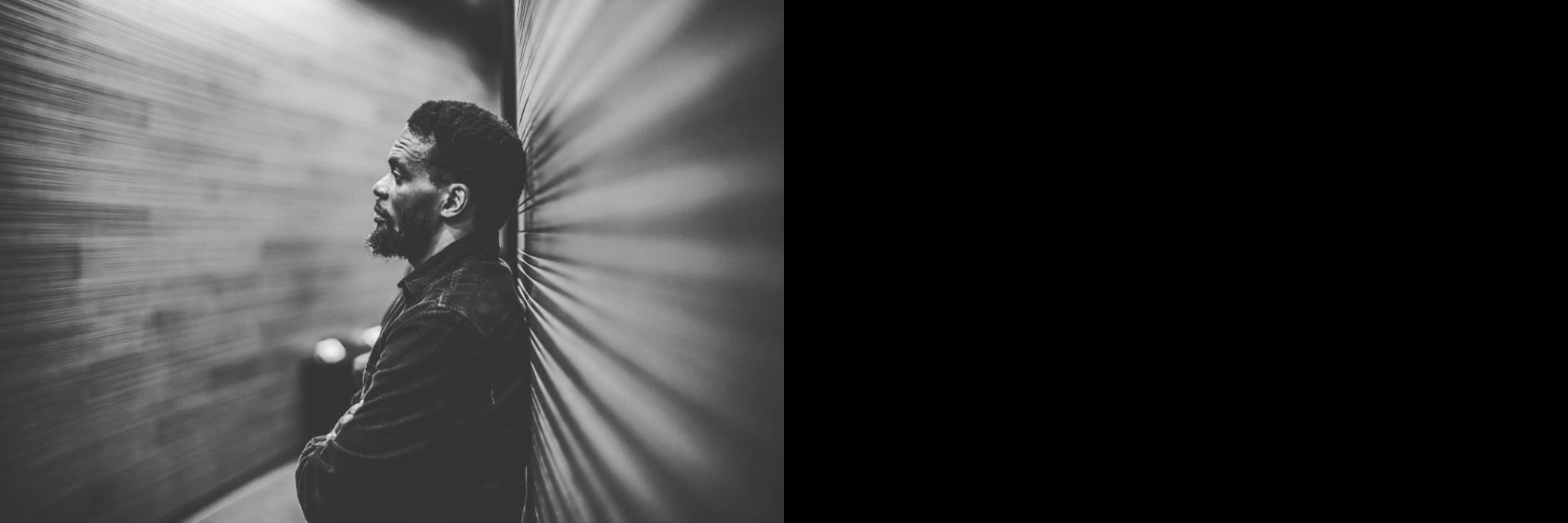
Khensani de Klerk is an architectural researcher and designer from Johannesburg. She centres practicing intersectionality through research and design. Her view of intersectionality questions and imagines how efficiency and narratives of the built environment can be more sustainable through ethically social and ecological practices. She is the founder of Matri-Archi(tecture), a collective based between South Africa and Switzerland that aims at empowering African women as a network dedicated to African spatial education.
Her recent research at the University of Cambridge focused on typologies of safe space with aims at reducing Gender-based violence in cities. Through her multidisciplinary approach, Khensani finds educational value in spatial, written and auditory explorations centring storytelling as critical to spatial practice. She researches and teaches at the chair of Affective Architectures with Professor An Fonteyne at the ETH Zürich in Switzerland and collaborates with architectural practice Studio8Fold in London. She hosts a podcast called KONTEXT and serves as an editorial contributor at the Architectural Review in London. She is based between South Africa and Switzerland.
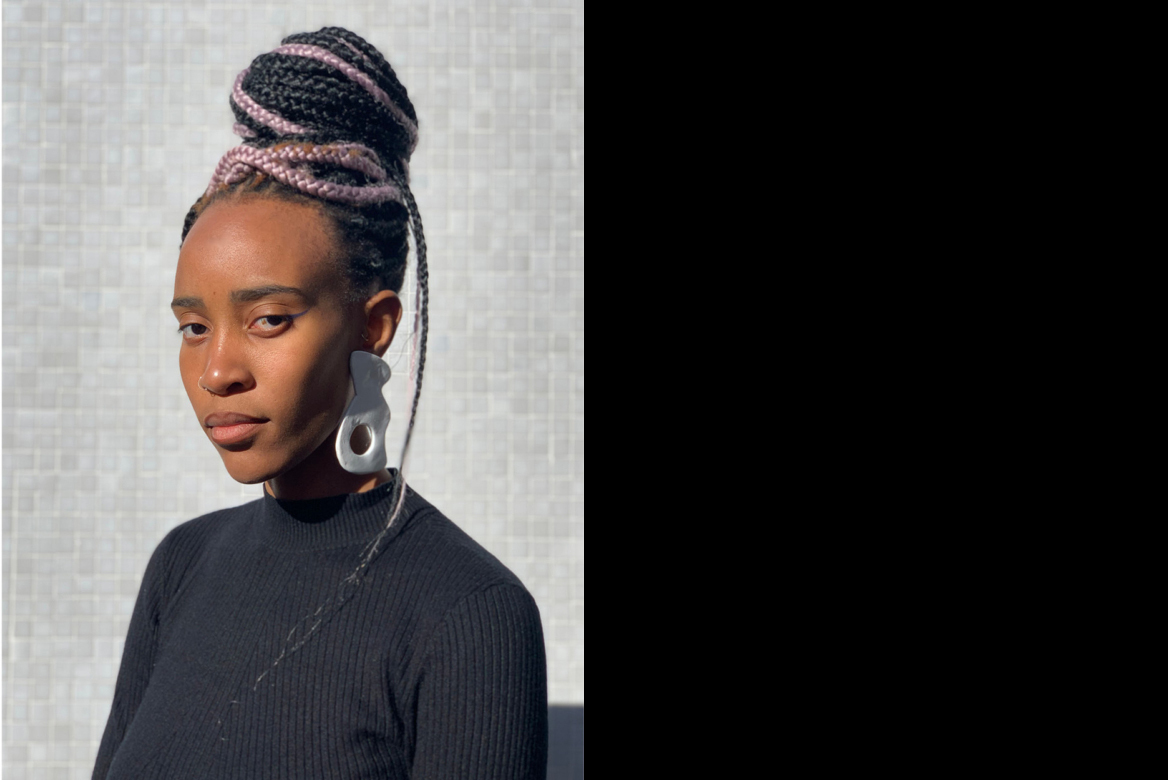
Selly Raby Kane is a renowned Senegalese fashion designer and artist involved in Africa’s booming art and design movement. In addition to her work in fashion, she develops other transdisciplinary projects as the immersive exhibition Elsewhen – a science fiction that reflects on the future of the urban life in an imaginary African city, presented in Dakar Biennale 2016. In 2017 Kane also directed The Other Dakar, a 7-minute VR film that accompanies a little girl in the discovery of the mystical Dakar. The Other Dakar is an oneiric ballad through the urban Dakar and Senegalese mythology, featured in Berlinale, the Virtual arcade of the Tribeca Film Festival, MIT Open Doc Lab’s DocuBase. The Other Dakar was named the best narrative VR film of the Tribeca Film Festival by The Verge.
Selly Raby Kane’s latest creation is a short film imbued with magic called TangJër. The 13-minute long film happens inside of a typical street restaurant in which an eclectic community shares its perspectives on life. TangJër calls for us to rethink what our definition of a community is.
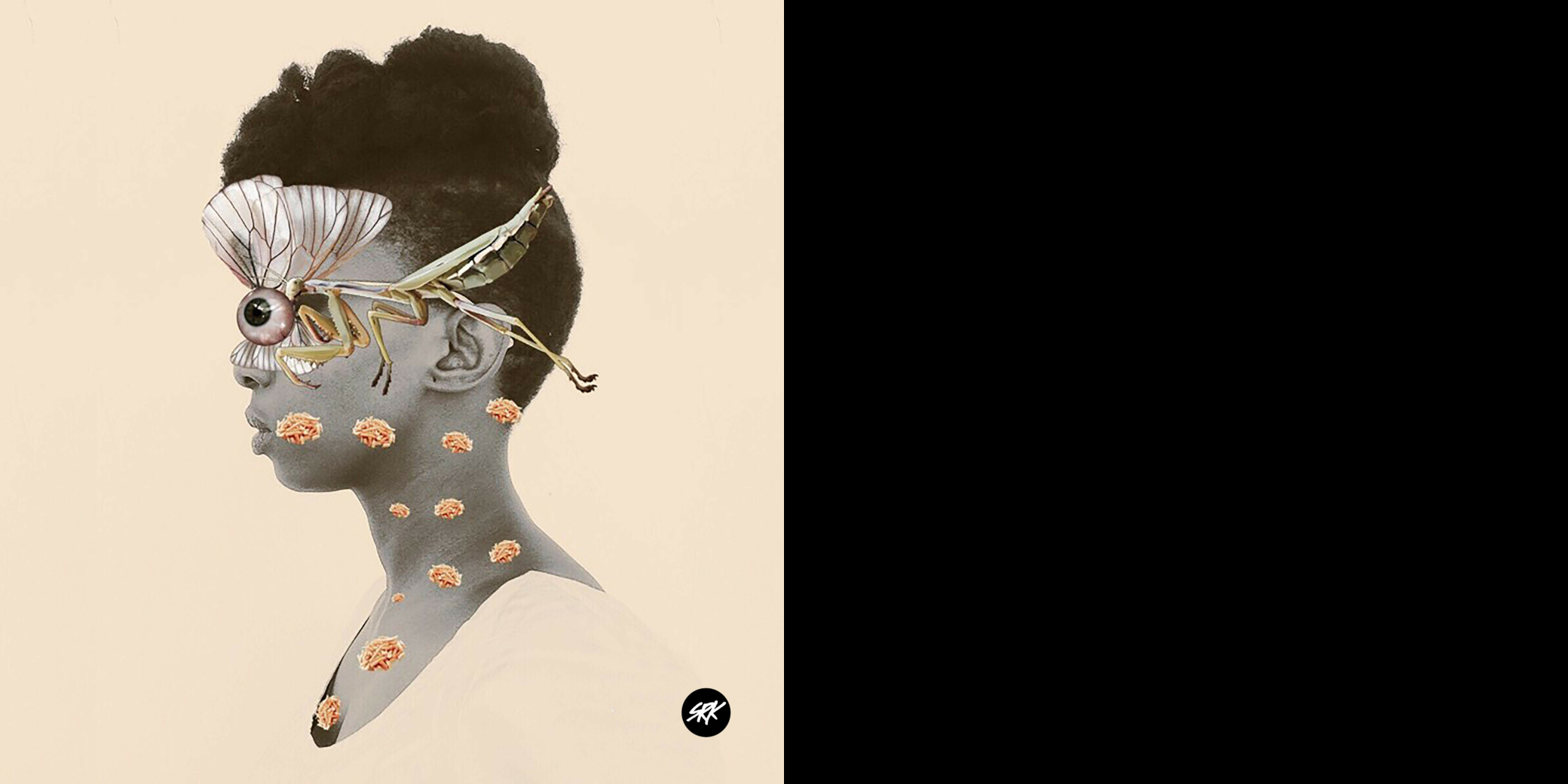
about the Creative Industries Fund NL
The Creative Industries Fund NL is the Dutch cultural fund for design, architecture, digital culture and every imaginable crossover. The Fund supports remarkable and innovative projects, research and activities by designers, makers and cultural organisations in the creative industry. Through various schemes and open calls, the Fund’s Internationalisation programme aims to promote international exchange and collaboration with the Dutch creative industry. One specific component is the international programme Inclusive Cities and Societies through Design, through which the Fund stimulates the contribution of design to the Sustainable Development Goals (11 and 16). For this programme component, the Fund focuses on (knowledge) exchange between the Dutch creative industry and African creative industries. The Building Beyond Mentorship and partnership with the Prins Claus Fonds are part of this programme.
about the Prince Claus Fund
The Prince Claus Fund has more than 25 years of experience in supporting cultural and artistic initiatives in challenging circumstances. The Fund's mission is to support, connect and celebrate cultural practitioners where culture is under pressure through a sequence of the Prince Claus Awards: Seed, Mentorship & Impact Awards. The Fund has been a successful actor and liaison in the arts and culture sectors globally, generating possibilities for critical discussion and boosting creative expression. Because of its track record and autonomy, the Fund is seen as a global leader in supporting independent cultural initiatives of the highest quality with a broad social impact.



